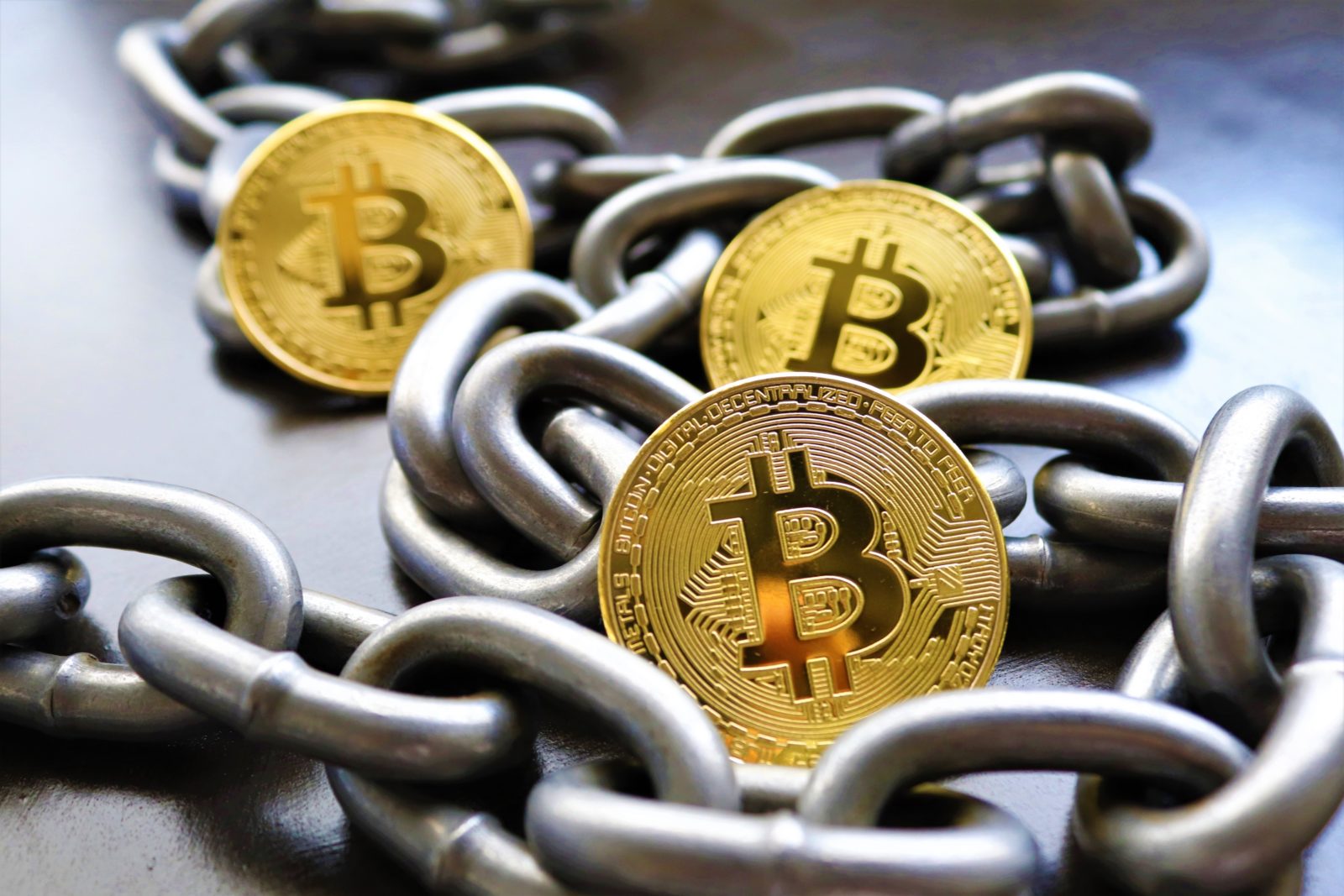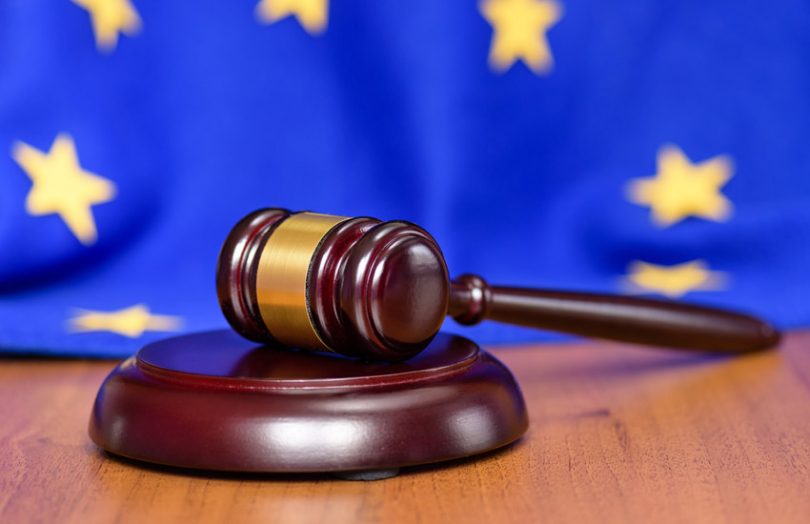the potential to completely disrupt monetary policy across the globe
. With hundreds of new tokens offered each month, it seems as though the effort to regulate cryptocurrencies will forever remain a game of cat and mouse. .Regulation By Enforcement And Crypto Assets . In November 2021, the SEC Chair Gary Gensler delivered his remarks at the Securities Enforcement Forum and stressed enforcement as a “fundamental pillar in achieving the SEC’s mission” to safeguard investors. ....... “legislative priority should center on crypto trading, lending, and DeFi platforms” so as to bring “the field of crypto” within regulatory frameworks comparable to those already in place for conventional securities ......... Given the broad range of “crypto” assets, it is hardly surprising that such digital assets fall under the responsibility of an alphabet soup of regulatory bodies and agencies – the SEC, the Commodity Futures Trading Commission (CFTC), the Financial Crimes Enforcement Network (FinCEN), the Office of the Comptroller of the Currency (OCC), and individual state authorities. Digital assets are challenging to define and impact different aspects of the financial service industry. Indeed, some in the traditional financial services refuse to refer to crypto tokens as currencies. For example, Jamie Dimon recently said that he no longer uses the word cryptocurrency. Regardless, blockchain-based products and services were designed, at least in part, like other FinTech products, to disrupt the traditional financial service industry and no one can contest the disruption they have caused, regardless of what you call them. ........ The innovative, disruptive potential of crypto assets is a source of regulatory concern, which is why there have been increasingly vocal calls to step-up regulatory efforts in connection with the crypto sector. These calls are legitimate, but to whom should they be addressed? ........ the price tag of what is at stake, given the massive growth of the crypto sector. ......... when Bitcoin and Ether (the world’s two largest cryptocurrencies) surged to record highs in November 2021, cryptocurrencies hit a market cap of $3 trillion for the first time. Then, in January 2022, cryptocurrency prices fell sharply, including Bitcoin which plunged 50% from its all-time high. That level of volatility in such a large market is a cause for concern regardless of whether you call the underlying crypto-asset an asset, a security, a currency, or a token. ........ Lawmakers have been pushing for the regulation of decentralized exchanges in an attempt to fight rug pulls, which enable a cryptocurrency coins’ creators to deprive the coins of liquidity, causing unwitting investors to basically lose all of their money. .......... Clear regulatory guidance is crucial to the growth of the industry, and regulation by enforcement, or threat of legal action, risks driving business outside of the U.S.” ......... With the rise in abuse, manipulation and fraud in the crypto industry, the SEC is interested in taking immediate (and much needed) action. Several months ago the SEC put the crypto industry on notice by sending Coinbase, the largest U.S. crypto exchange platform, a warning letter that the SEC would sue the company if it moved forward with a planned lending product. The SEC took similar actions last year when BlockFi faced SEC scrutiny over high-yield crypto accounts. Somewhat similarly, BlockFi along with Celsius were also the subjects of earlier enforcement actions by state securities regulators. These lawsuits, letters and warning of enforcement by federal and state agencies underscore the tense legal debate regarding the preferred regulatory approach towards the financial industry in general, and in particular, towards the growing crypto sector – regulation first and enforcement later, or regulation by enforcement? ............ Massive amounts of money have flown into crypto, requiring regulators to keep up with the technology in real-time in order to close risk gaps as much as possible. Tasked with this mission impossible, regulators must remain cautious to work with industry players. But the enforcement first approach, does not facilitate cooperative action between regulators and industry. Instead, regulatory agencies should regulate first and then enforce the law second, reserving to themselves, as former Secretary Geithner suggested, the ability to make adjustments to regulations after the fact in cases where flexibility is needed. ........... “The SEC famously keeps a large shotgun behind the door to keep markets in line. It can be judicious in its use of enforcement power and fire some warning shots before leaving some business lying dead in the street” .
U.S. Officials Send Mixed Messages on Crypto Regulation. Here’s What It All Means for Investors . One of the founding principles of cryptocurrency is that it’s decentralized and unregulated. But the U.S. government isn’t too worried about crypto’s founding principles. .......... a few key themes have emerged on the subject of new U.S. cryptocurrency regulation: stopping cryptocurrency crime and tax evasion, stablecoin regulation, and the potential for investment vehicles like crypto ETFs and other funds. ........ For many crypto enthusiasts, the decentralized nature of digital currencies — which, unlike traditional currencies, aren’t backed by any institution or government authority — is a big draw. But regulatory guidance can help protect investors. “As much as I like the decentralization and the lack of government [involvement], I am glad that they are paying attention because unfortunately with cryptocurrency, there are a lot of scams” .......... One possible provision would expand the definition of a brokerage to include companies that facilitate digital asset trades — like cryptocurrency exchanges. This kind of change would mean increased tax reporting responsibility to help the IRS track crypto tax evasion. .......... cryptocurrency “poses a significant detection problem by facilitating illegal activity broadly including tax evasion.” ........ Under a potential new law that has been considered by lawmakers, companies that facilitate crypto trades would be required to report tax information about those trades to the IRS (just as brokers of traditional investments like stocks do) starting in the 2024 tax season. ........ if the bill passes, exchanges will have to issue 1099-B tax forms with cost basis information to investors.” ........ It’s already important to keep your own records of any capital gains or losses on your crypto trades, which you should report on your federal tax returns. ....... Stablecoins are a type of cryptocurrency pegged to an existing currency, like USDT (Tether). USDT is tied to the price of the U.S. dollar, so its value is constantly $1. ........ many established, high-volume U.S.-based exchanges, like Coinbase and Gemini. ....... The Investing Companies Act requires companies, including mutual funds, to disclose information about their finances and investments on a “regular basis” ......... every initial coin offering (ICO) he has seen is a security: “Generally, folks buying these tokens are anticipating profits, and there’s a small group of entrepreneurs and technologists standing up and nurturing the projects … I believe we have a crypto market now where many tokens may be unregistered securities, without required disclosures or market oversight.” ........... the SEC has jurisdiction, and “our federal securities laws apply.” .
I need to stack more before #Bitcoin hits $100k 🏃🏽♀️
— Natalie Brunell (@natbrunell) March 6, 2022
The Challenges of Regulating Cryptocurrency The S.E.C. has yet to set clear rules on cryptocurrencies, leaving the industry guessing. Maybe that’s just how the agency wants it. ........... he turned to cryptocurrency markets, which are notoriously volatile, and adopted a darker tone. “Frankly, as I’ve said before, I think it’s more like the Wild West,” Gensler said. On another occasion, he had described cryptocurrency investments as “rife with fraud, scams, and abuse.” ......... The S.E.C. has so far failed to keep up as thousands of tokens and digital currencies have been introduced, and new companies and platforms have emerged to help store and trade them. The lack of regulations over this burgeoning area has created an opening for widespread fraud .......... After leaving the C.F.T.C., in 2014, Gensler worked as a professor at M.I.T.’s Sloan School of Management. During his time there, much of his teaching focussed on cryptocurrency. His first class, “Blockchain and Money,” covered the development of blockchain and its potential uses. .......... One of the biggest questions facing the industry is whether tokens—which are tradable assets that may serve as the units which denominate cryptocurrencies but can also represent other things of value—qualify as securities; if so, they would be subject to securities laws and regulations.
And if they aren’t securities, what are they?
......... around 2017, as a frenzy of initial coin offerings—a fund-raising strategy for cryptocurrency that resembles an I.P.O.—was in full swing, a client came to his law firm wanting to know what the S.E.C. thought about I.C.O.s, and whether the agency considered digital coins to be under its purview. Morgan said, jokingly, that his first question was, “What’s an I.C.O.?” He quickly learned that there was little S.E.C. guidance available. ........ Jay Clayton, at a Senate hearing: “To the extent that digital assets like I.C.O.s are securities—and I believe every I.C.O. I’ve seen is a security—we have jurisdiction and our federal securities laws apply.” ........... Ripple argues that XRP is a currency, which would make it subject to different laws and regulations overseen by different agencies—such as the Office of the Comptroller of the Currency or the Financial Crimes Enforcement Network, which are both part of the Treasury Department. Ripple has taken to Twitter to defend itself, in addition to making its arguments in court. ............ Part of its strategy seems to involve trying to embarrass the S.E.C. over the agency’s apparent contradictions surrounding cryptocurrencies. ......... Coinbase ...... According to the company, its executives had been “proactively engaging” with the S.E.C. for six months, to clarify the legal standing of its projects, but it “didn’t get much of a response.” It also said that the S.E.C. had so far refused to clarify whether it considered the act of lending cryptocurrency a security, or whether the cryptocurrency itself was the security, and any other aspects of its reasoning. .Global Crypto Regulation Should be Comprehensive, Consistent, and Coordinated . The IMF’s mandate is to safeguard the stability of the international monetary and financial system, and crypto assets are changing the system profoundly. .......... While the nearly $2.5 trillion market capitalization indicates significant economic value of the underlying technological innovations such as the blockchain, it might also reflect froth in an environment of stretched valuations. ........ in emerging markets and developing economies, the advent of crypto can accelerate what we have called “cryptoization”—when these assets replace domestic currency, and circumvent exchange restrictions and capital account management measures. .......... Crypto’s cross-sector and cross-border remit limits the effectiveness of national approaches. ............ many crypto service providers operate across borders, making the task for supervision and enforcement more difficult. Uncoordinated regulatory measures may facilitate potentially destabilizing capital flows. .
Will Cryptocurrency Regulation Affect Crypto Prices? This price-sensitive asset class could have either a positive or negative reaction to regulation. .
The crypto regulation era is here . .
Regulators put cryptocurrency in crosshairs Business School professor offers look at landscape and challenges for industry, government .
Federal Reserve: Money and Payments: The U.S.Dollar in the Age of Digital Transformation (40 pages) .
Let me in! https://t.co/kL4MrnovcJ @JCZarate1 @BSchuler @katie_haun @cdixon @fredwilson @FEhrsam @Gavin__Andresen @gokulr @brian_armstrong @surojit @LJBrock @choi2_emilie @manish_cb @ShanAggarwal @coinbase
— Paramendra Kumar Bhagat (@paramendra) March 9, 2022











